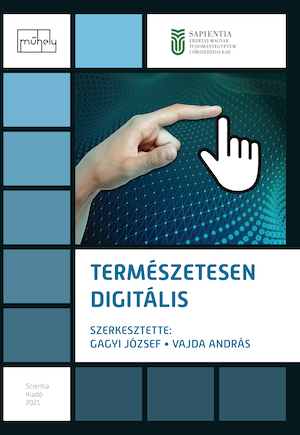MINDENNAPI HACKJEINKET ADD MEG NEKÜNK MA!
GIVE US YOUR EVERYDAY HACKS TODAY!
THE EMERGENCE OF THE LIFE HACK AND ITS INTEGRATION INTO EVERYDAY PRACTICE
Author(s): Imre Mátyus
Subject(s): Theory of Communication
Published by: Scientia Kiadó
Keywords: life hacks; self-development; self-help; ICT tools;
Summary/Abstract: One of the most interesting features of late modernity in cultural studies is the identity project of the individual. As the role of grand identity-affirming narratives and institutions diminishes and disintegrates, the individual is increasingly left to his or her own devices to construct his or her own identity. This active process takes place largely through the consumption, use, and transformation of various material and immaterial goods. At the same time, it is not only the outside world but the individual him-/herself that has become the object of everyday consumption and transformation – the body, the shaping of habits, the planning of lifestyle have all become importantin contemporary Western societies. The most active period in the long history of self-development, with self-help (personal development, personal growth) literature, began in the first half of the 1900s, but its real golden age began in the second half of the 20th century. Self-development, which is a kind of self-differentiation, turns to the individual with the concepts and ideas of traditional industrial production (e.g. productivity, efficiency, measurability) and tries to make the complexity of everyday life manageable for him/her. And in addressing the social and professional challenges of everyday life, innovations that provided information, tools (and, of course, commodities) to the individual in the hope of achieving abetter life, have played an increasing role. In my presentation, I will explore the phenomenon of the “life hack”. I want to show how self-improvement has changed with the wider diffusion and social embedding of computing and networked communication technologies. The focus of the presentation will be on the turn that can be linked to the paradigm shift of web 2.0, which started in the first half of the 2000s, which has given ICT tools an increasingly wide scope in self-improvement practices. I aim to present the practice of life hack as a social practice that has emerged with the commodification of ICTs and the domestication of tools.
Book: Természetesen digitális
- Page Range: 63-79
- Page Count: 17
- Publication Year: 2021
- Language: Hungarian
- Content File-PDF

